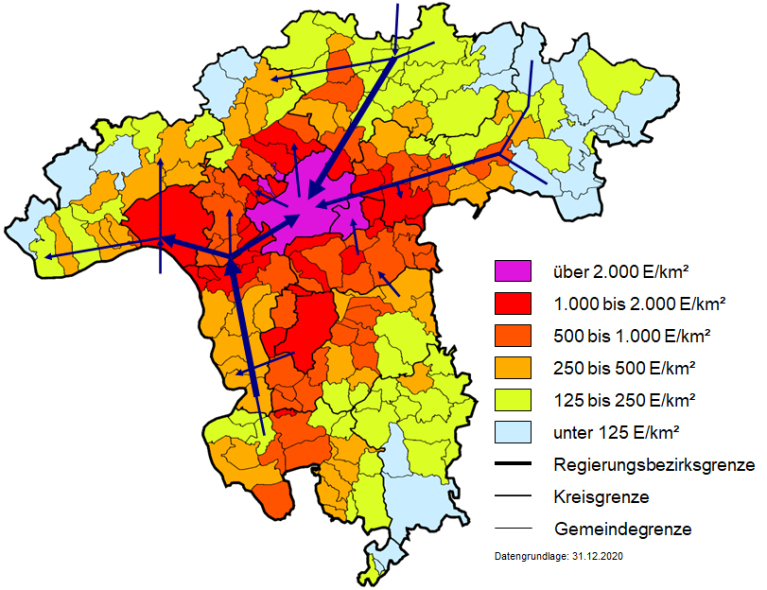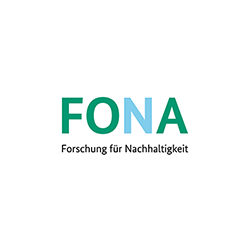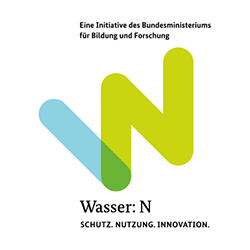Sustainable, flexible groundwater management in metropolitan areas based on a water system model using the example of the Frankfurt/Rhine-Main metropolitan region - Modeling, measures, governance
Brief description
Changing framework conditions intensify conflicts over the use of available water resources and require comprehensive solution concepts for sustainable and flexible groundwater management. The Frankfurt/Rhine-Main metropolitan region, which is heavily dependent on groundwater, is an area with particularly high pressure to act due to increasing water demand (growth region, agriculture) as well as scarce water resources that are also endangered in terms of quality. In cooperation with research institutions and relevant regional stakeholders, a water system model ('WaRM') is developed, which combines a water (quantity and quality) and a policy modeling approach. The basis is formed by comprehensive preliminary work, which is extended and linked to an overall approach for the first time. Based on a conflict analysis and with result-oriented involvement of stakeholders, time- and scale-differentiating policy options are elaborated and their impact on groundwater and water demand is quantified in terms of models under the influence of change scenarios. Special attention is given to transport and mass transfer processes (including nitrate) in unsaturated and saturated zones with model extensions based on field and laboratory work. A multi-criteria assessment considers the multi-layered aspects (including ecology, economy, stakeholders, governance) that also address the complexity of time- and scale-differentiated measures. The integrated action plan to be developed will provide concrete, directly usable management options with tools and governance structures. The integrated solution approach is transferable to other regions.
Objectives
The project aims to reduce the potential for conflict over water resources. Suitable measures to increase water supply and quality and to improve water use efficiency will be investigated. For this purpose, the water system model integrates numerical modeling approaches with water management-technical and political-administrative measure effects under consideration of different future scenarios.
The existing hydrological and hydrochemical model considerations in the area are to be supplemented to an overall approach (partly numerical, partly balance) (water supply). On top of that, the uses with their demands will be mapped. Both are influenced by major change processes (climate, demography, land use, socio-technological developments), which are represented via scenarios. The conflicts of use, which are further aggravated by climate change, have to be countered with measures, which have to be evaluated, prioritized and combined in an integrated plan of measures in a mesh of effects, interests, governance structures, benefit trade-offs, etc. The "Water System Model RhineMain" is a model of the water system.
The "Water System Model RhineMain (WaRM)" - based on the integration of hydrological-hydrochemical models with a policy modeling approach - is to map the interplay of water supply, uses and measures under different change scenarios and thus form a basis for comprehensive solution approaches.



